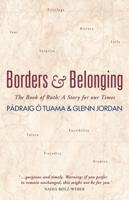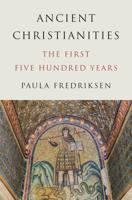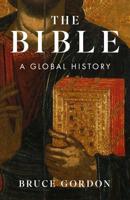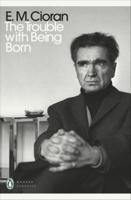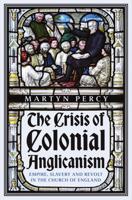Publisher's Synopsis
This historic book may have numerous typos and missing text. Purchasers can usually download a free scanned copy of the original book (without typos) from the publisher. Not indexed. Not illustrated. 1881 edition. Excerpt: ...at the first Passover it was said, "None of you shall go out of the door of his house until the morning," which did not apply to later times; in Egypt it was slain by every one in his own house, while afterwards it was slain by all Israel in one place; lastly, formerly where they ate the Passover, there they lodged, but afterwards they might eat it in one, and lodge in another place. 1 I Cor. v. 7, 8. l Ex. xxxiv. 18-20; Deut. xvi. 2, 16, 17. 'Numb. ix. 9-11. Pet. ix. $. Ex. xii. 16; Lev. xxiii. 7; Numb, xxviii. 18. Scripture records that the Passover was kept the second year after the Exodus,2 and then not again till the Israelites actually reached the promised land;3 but, as the Jewish commentators rightly observe, this intermission was directed by God Himself.4 After that, public celebrations of the Passover are only mentioned once during the reign of Solomon,5 again under that of Hezekiah,6 at the time' of Josiah,7 and once more after the return from Babylon under Ezra.8 On the other hand, a most significant allusion to the typical meaning of the Passover-blood, as securing immunity from destruction, occurs in the prophecies of Ezekiel,9 where "the man clothed with linen " is directed to " set a mark upon the foreheads" of the godly (like the first Passover-mark), so that they who were to "slay utterly old and young" might not "come near any" of them. The same symbolic reference and command occur in the book of Revelation,1 in regard to those who have been "sealed as the servants of our God in their foreheads." 1 Tot. Pts. vin. 'Numb. ix. 1-5. Josh. v. ia Ex. xii. 25; xiii. 5. 2 Chron. viii. 13. 2 Chron. xxx. 15. '1 Kings xxiii. 31. Ezra vi. 19. Ezek. ix. 4-6. But the...


